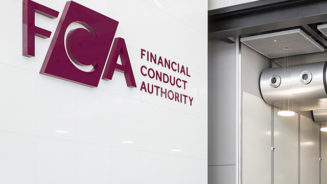In local currency terms the Brazilian market has been pretty volatile in the past five years falling to a five-year trough at the end of 2015, before rising over 40%.
However, in sterling terms, the move was even greater; in January 2016, it was around 60% below where it was in September 2011.
It was this dismal performance that led a number of investors to look at the South American country as an interesting contrarian pond in which to fish, but the recovery since January, that coincided with the volume of the calls for Rousseff’s impeachment, has left some feeling that it might be time to move on.

"For those investors that believe in the long term outlook for emerging markets, the ongoing reforms in Brazil are undoubtedly encouraging, but even the most optimistic players are aware that the road ahead remains rocky and full of potholes."

Tcam chief invesment officer, Haig Bathgate, is one such investor. Bathgate said the firm had put on its Brazilian position in the back end of 2015 on a three-year view that things were unlikely to get much worse for the country.
“The whole thing moved much more rapidly than we were expecting, we made 50% in six months. In that sort of situation, it is best not to look a gift horse in the mouth.”
As a result, he said, Tcam has sold out of its Brazil position entirely and has decreased its emerging markets exposure more generally.
James Sullivan, Coram Asset Management director has also sold down its exposure to Brazil from 4% at the start of the year to around 1%.
“In sterling terms, year-to-date, Brazilian equities are up over 80%, irrespective of what has happened, that represents a good opportunity to take some profits,” Sullivan told our sister publication Portfolio Adviser.
He added: “The market has moved from single digit p/e multiples towards the low teens and is now in line with many other emerging economies. The adage ‘better to travel than to arrive’ I believe is in play here and the momentum behind the ‘parliamentary coup’ has now largely played out.”
And, while he said some value might remain for braver souls in the government bond market, given that local currency debt currently yields around 12%, he said he is inclined to move on as the economy remains entrenched in difficulties.




